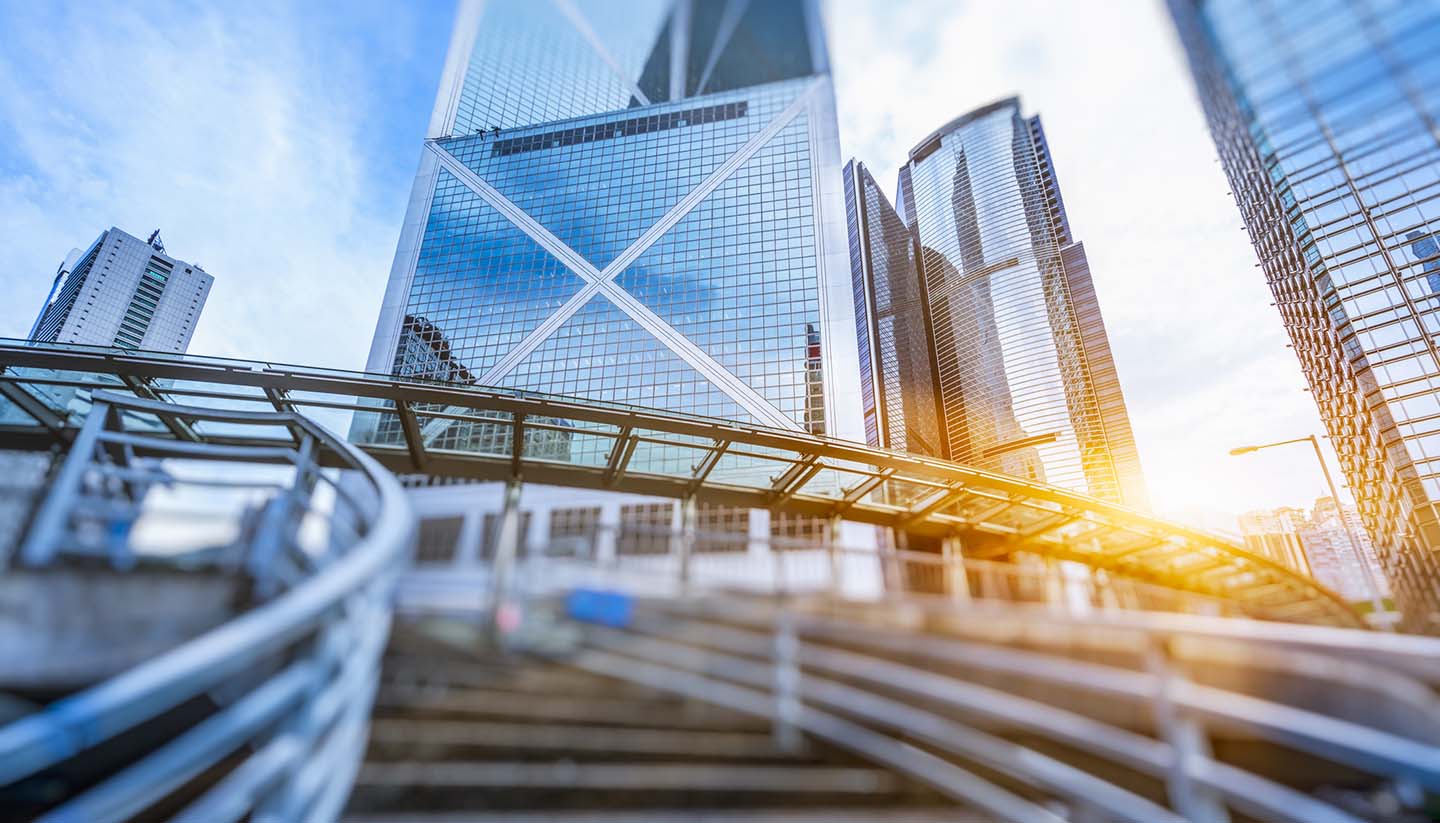Hong Kong History, Language and Culture
History of Hong Kong
Although Hong Kong is largely thought of in terms of its development from the colonial era onwards, humans have settled in the area since the late Stone Age. It came under the influence of China around 200 BC, with serious settlement by Han Chinese beginning in the 12th century AD. It is thought that they displaced the original inhabitants, whose descendants are now known as Tanka and traditionally live on boats.
Regular contact between China and Europe began with the arrival of the Portuguese, who established a trading settlement in nearby Macau in 1557. Their influence had declined, however, by the time the British started trading in the south of the Chinese mainland around 1750. The problem was that although they wanted goods such as tea and porcelain, the Chinese were not interested in buying anything from them.
The solution was to import opium from India, and when the Chinese authorities – alarmed at both the cost and the growing addiction rate – tried to block it, the British sent in gunboats. They seized Hong Kong in 1841 in the First Opium War, and a year later the Treaty of Nanking gave the British control of Hong Kong, plus the right to trade in five Chinese ports. A few years later the British took the Kowloon peninsula as a result of the Second Opium War. Then, in 1898, the New Territories were leased from China for 99 years.
The British rule of Hong Kong was interrupted only by the four-year Japanese occupation during World War 2. In the years after the war, free market policies and an abundance of cheap labour helped Hong Kong’s economy grow on the back of financial services and textile manufacture.
It was in December 1984 that an agreement was signed for the terms of the reversion to China, with guarantees that the territory would enjoy a high degree of autonomy, especially in the economic field. The slogan 'one country, two systems' was coined by the Chinese to describe the regime and only in foreign affairs and defence would the new Special Administrative Region be subject to the diktat of Beijing.
China has largely stuck to the concept although it is often argued that the mainland has covert influence over Hong Kong politics and today, despite the lack of true democracy, Hong Kong seems to have grown again in confidence and is becoming more comfortable with its unusual political position.
Did you know?
• Hong Kong's Central-Mid-Levels escalator is the longest outdoor covered escalator system in the world and the total travel time is 20 minutes.
• Hong Kong’s oldest university was established in 1911.
• Hong Kong comprises of 261 islands; many are unpopulated and unreachable.
Hong Kong Culture
Religion in Hong Kong
Buddhist, Confucian and Taoist, with Christian and Muslim minorities; but there are also places of worship for most other religious groups.
Social Conventions in Hong Kong
Handshaking is the most common form of greeting. In Hong Kong, the family name comes first; so Wong Man Ying would be addressed as Mr. Wong.
Most entertaining takes place in restaurants rather than in private homes; during a meal, a toast is often made saying "yam seng" (meaning "drink to success"). There may be up to 12 courses served in a meal, and although it is not considered an insult to eat sparingly, a good appetite is always appreciated and it is considered cordial to taste every dish. It is customary to invite the host to a return dinner.
Informal wear is generally acceptable, although some restaurants and social functions often warrant formal attire. Smoking is widely acceptable, but is now prohibited in most public places.
Language in Hong Kong
Cantonese and English are the official languages, with Cantonese the most widely spoken. Mandarin is growing quickly as a second language. English is widely spoken, especially in business circles.

